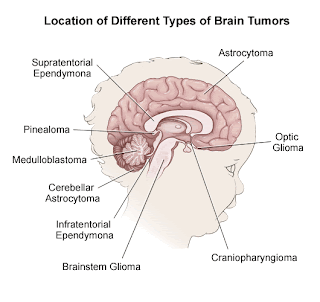What is a Mediterranean Diet?
A Mediterranean diet includes higher amounts of olive oil, vegetables, fruit and fish. Higher adherence to the diet involves more consumption of fruit and vegetables and fish, and less consumption of meat and dairy products.
Recently a new study suggests that eating a Mediterranean diet may be good for your brain and might reduce the risk of dementia.
Researchers analyzed data from 11 observational studies and one randomized controlled trial. Nine studies found that people with higher adherence to a Mediterranean diet had better brain function, lower rates of mental decline and a reduced risk of Alzheimer's disease.
Mediterranean food is both delicious and nutritious, and it may help to protect the aging brain by reducing the risk of dementia.
Although this link between adherence to a Mediterranean diet and dementia risk is not new, but recently British researchers systematically analyzed all existing evidences and studies, for a better approach to this link.
While the new research uncovered a link between the Mediterranean diet and brain health, it didn't prove a cause-and-effect relationship.
SOURCE: University of Exeter, news release, Healthday.
#mHealth ,#digitalhealth,#HealthTalk,#MedEd,#hcsm



















